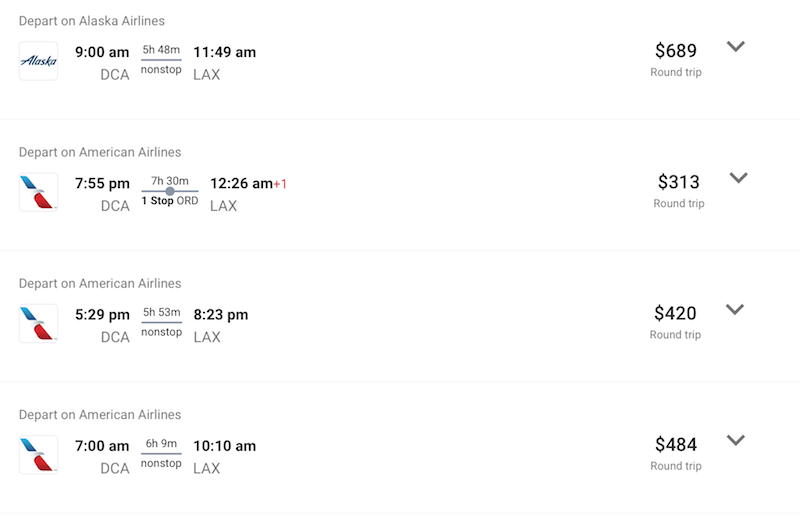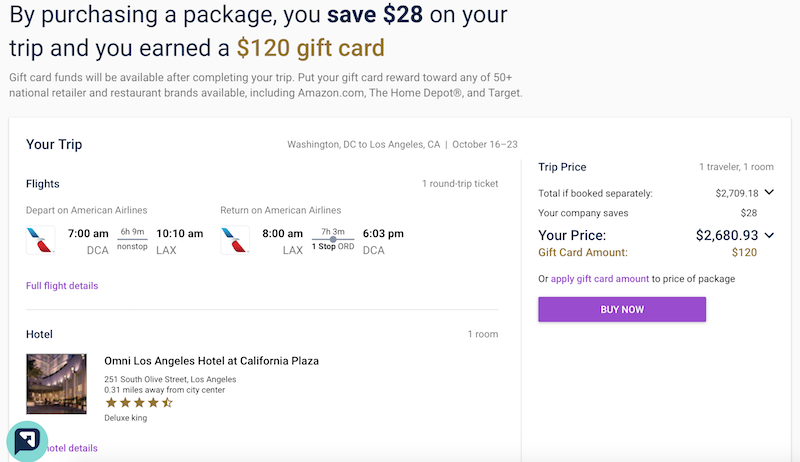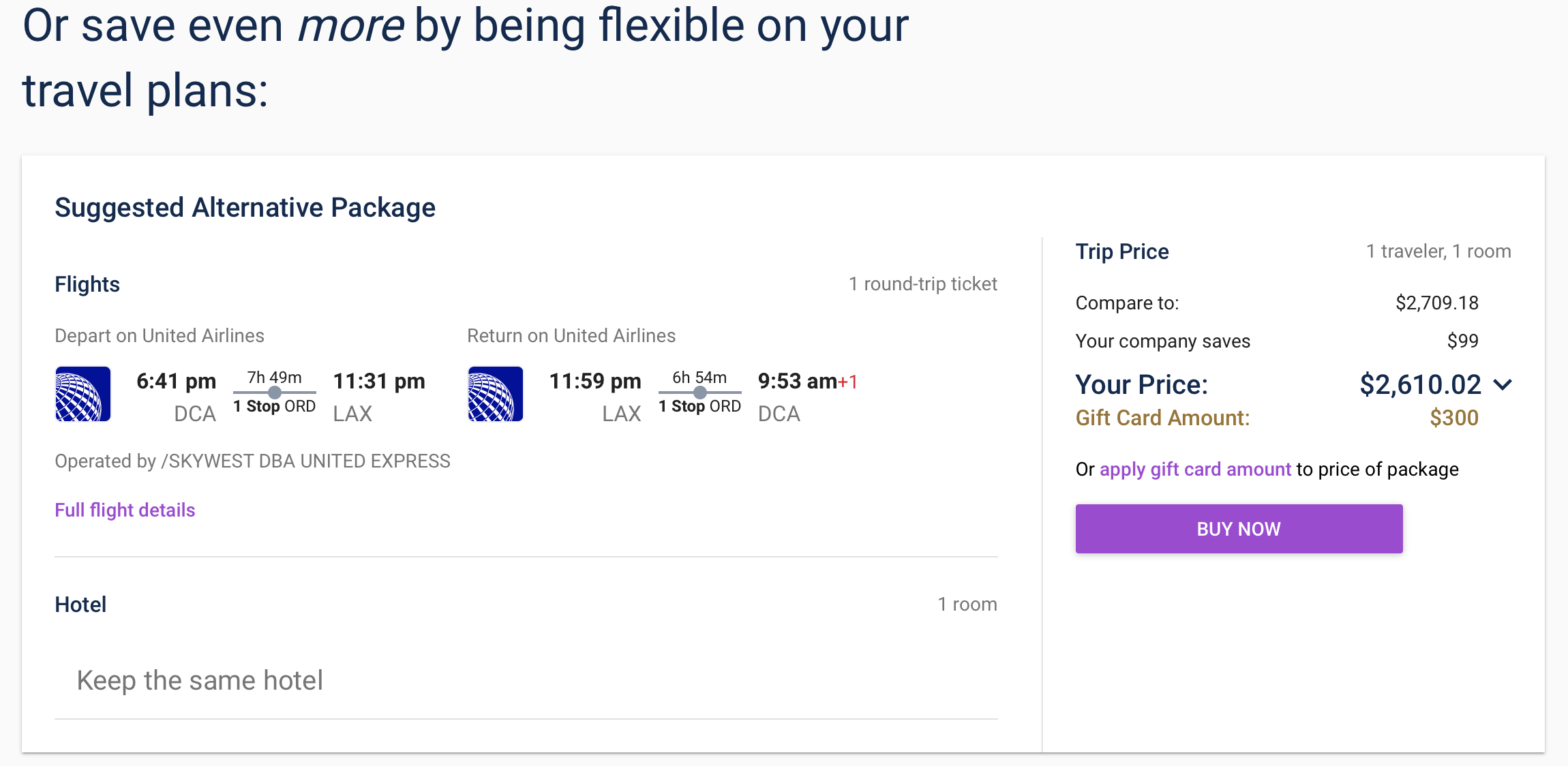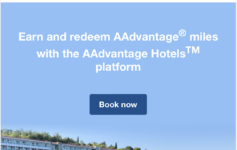Incentivized purchases are nothing new though no one has really cracked the travel space. Upside has been very aggressive in its quest for users and offered big incentives to consumers for their purchases but focused on business travelers. What are the implications of receiving personal incentives for booking businesss trips?
If you are considering booking travel or signing up for a new credit card please click here. Both support LiveAndLetsFly.com.
If you haven’t followed us on Facebook or Instagram, add us today.
What Is Upside?
Upside.com was created by Jay Walker, the founder of Priceline. The focus of the site is to capture and incentivize business travelers to book through Upside as opposed to other third-party booking services like Expedia, Priceline or Hotels.com. Business travelers tend to spend more on flights and hotels than leisure travelers and travel much more often.

The business model is not a new one in respect to existing shopping portals or hotel booking engines: Rocketmiles and Pointshound. Commissions are paid by many vendors including travel companies and especially hotels. Shopping portals like Upside give consumers back a portion of the commission they receive to incentivize customers to book with them over going to the carrier or hotel direct.
While Online Travel Agencies (OTAs) like Travelocity, Expedia, and Priceline have focused on the consumer market, choosing to focus on volume – Upside is concentrating on business customers. Business travelers often book later and need more flexibility due to changing plans or meeting times while consumers tend to plan further in advance for vacations. This has created a unique opportunity where Upside delivers flexibility to their customers and more personalized service to offer concierge-like benefits.
Upside has offered Amazon credit, Beats headphones, Nest thermostats, and other high-value gifts to earn and retain their customer’s business.
Personal Enrichment
Ethically speaking, any business decision that personally enriches the decision-maker can be considered a bribe:
“[To] persuade (someone) to act in one’s favor, typically illegally or dishonestly, by a gift of money or other inducement.” – credit Google.com
I am not sure that a business would define it in the same regard so I looked a little deeper for an alternative definition and found one here:
“the offering, promising, giving, accepting or soliciting of an advantage as an inducement for an action which is illegal, unethical or a breach of trust. Inducements can take the form of gifts, loans, fees, rewards or other advantages (taxes, services, donations, favors etc.).” – Business Anti-Corruption Portal.
Where this becomes relevant for Upside, Rocketmiles and others are in the incentives they provide business travelers spending their company’s money on work trips. Business travelers receiving a gift in direct exchange for booking tickets. While you do not have to be a business traveler spending someone else’s money to receive a bonus for using Upside, that is the market they target.
Wait… That Makes An Awful Lot Unethical
Looking at some of the elements of those definitions above, rewards could also be considered an inducement. I certainly benefit from miles earned by flying for my company. My nights in hotels away on business accumulate into something that I personally use for family trips. I would be guilty as charged based on that definition and I would estimate that I would be one of millions falling into this category.
Using the second definition though, I am personally enriched by a punch card at a coffee shop where I meet clients or a sub shop when I get lunch for the team. These sorts of small, piecemeal rewards for loyalty that do not add cost to a company aren’t on par with the Adidas/Louisville situation that came to light this week. However, that does not mean that business people aren’t making purchase decisions based on personal benefits.
I naturally make bookings that are based to some degree on loyalty programs and most companies allow this. There is a certain threshold that companies will tolerate a slight premium for brand preference by senior leaders and traveling executives. There have also been bad acting employees who take this to an extreme; even senators have been tangled up in purchase decisions that personally enrich themselves to the point that they end up in court.
My Own Moral Compass
The easiest way for me to mark whether this choice is ethical is to consider the ramifications on my business. I ask myself two questions.
- Does this cost the business 5% or more than a reasonable competitor?
- Is my personal enrichment greater than the premium?
When examining my Upside purchase, the price was exactly the same as what was available directly from United and Marriott or on any other travel booking site. Had I booked directly with the airline and hotel chain my business would not have realized a cost increase of 5% or more, therefore making the second proclivity irrelevant.
That makes me a huge fan of Upside!
In fact, because the hotel bookings are third-party (I won’t earn points or status) and at least some (if not all) of the airline tickets are bulk/consolidator fares (I won’t earn EQDs and will not earn RDMs based on ticket value) – I am really exchanging miles and points for whatever reward is offered by Upside. My business has no problem with me earning miles and points for business trips so much so that if more convenient but more expensive, my company (and many others) allow employees to book preferred carriers at a premium. This seems on par with earning miles and points to me but since I have already prequalified for both hotel and airline statuses for next year, it makes more sense to earn points in a program that rewards me differently without costing my business.
Part of their process is giving the person booking the trip an opportunity to be more flexible and personally benefit while the business saves money as well. Here is a simple one week trip I priced from Washington DC to LAX. For whatever reason, it placed Alaska’s more expensive direct flight above the American Airlines direct flight, but I assume this is because the consolidator fares don’t really work on split itineraries.

After I chose my hotel and flights I was showed what my total would be, my personal incentive and what my company was saving.

But then I was also presented with an option that would save my company a little more money and also provide me a further incentive. Would that be enough to take a redeye flight with a connection in both directions and switch airlines? Probably not, but this itinerary was just to show you how it works anyway.

In cases where costs exceed what is competitively available on the market, travelers should consult their own moral compass and determine what is suitable for their environment when not using their own money to pay for business trips. Upside.com won’t be for everyone, and it’s probably not right for me yet in every situation, but ethically they make the process easier by matching other OTA prices.
What do you think? Does Upside feel like a bribe or just a different kind of loyalty benefit? Have you tried the service or its competitors before?




I think you have a responsibility to spend business money in the “lowest logical manner”. So that does not always mean the cheapest fare or hotel, as something like elite status has inherent value, even if not always present at the margin. But similar to your 5% rule, if booking through a different channel costs more money, it should not be taken solely for personal gain.
I think we agree.